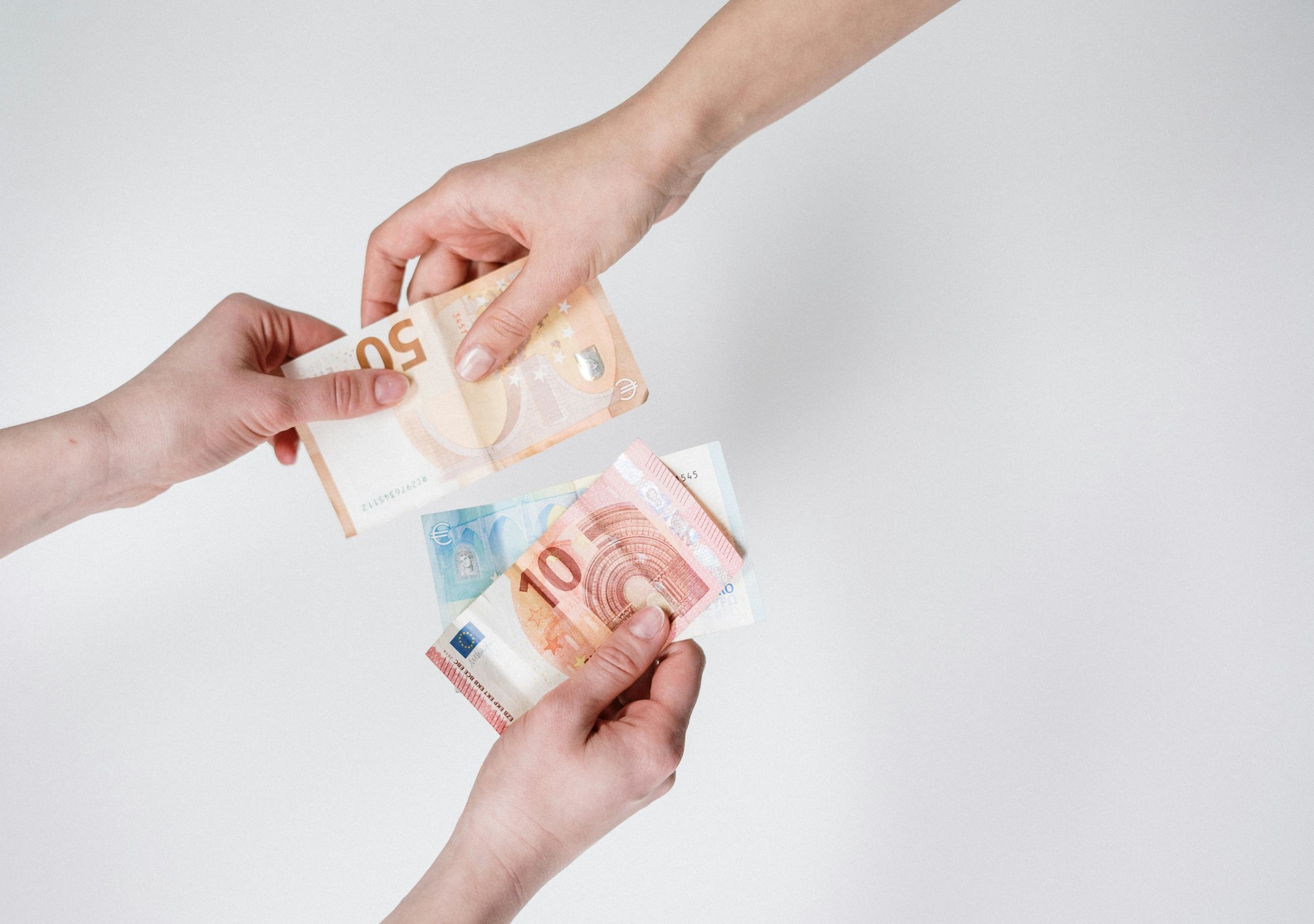Invest
RBA open to new record-low rate
The Reserve Bank has flagged the possibility of a rate adjustment, albeit a small possibility, as the country recovers from the COVID-19 pandemic.
RBA open to new record-low rate
The Reserve Bank has flagged the possibility of a rate adjustment, albeit a small possibility, as the country recovers from the COVID-19 pandemic.

Australia’s official cash rate fell to a record low of 0.25 per cent in March, with RBA governor Philip Lowe stating it was the “lower bound” for interest rates.
However, speaking on the Australian economy and monetary policy, Mr Lowe’s number two, RBA deputy governor Guy Debelle, did not rule out future rate reductions.
“In the short term, they can contribute to a lower exchange rate. In the medium term, the effectiveness can wane, including through the effect on the financial system,” Mr Debelle said.
However, the deputy governor pointed to mixed results for countries who have dropped their rates below zero.

“Negative rates can also encourage more saving as households look to preserve the value of their saving, particularly in an environment where they are already inclined to save rather than spend,” Mr Debelle explained.
“That is, the income effect can be larger than the substitution effect. To date, those economies with negative policy rates have not lowered them further. Instead, they have eased monetary policy settings through other means.”
Mr Debelle also said that the RBA could consider buying bonds further out along the curve, supplementing its three-year yield target, and named foreign exchange intervention as another potential policy option, while warning that the Australian dollar was “broadly aligned” with fundamentals and that any intervention might not be effective.
“Given the outlook for inflation and employment is not consistent with the bank’s objectives over the period ahead, the board continues to assess other policy options,” Mr Debelle said.
But Mr Debelle refused to be drawn on when the RBA could use these measures, saying they would continue to monitor the recovery but would take into account support announced in the October budget.
Mr Debelle also said that Australia’s debt burden as a result of COVID-19 remained serviceable and that it could have been much higher if the government hadn’t launched its stimulus programs.
“The fact that household income rose in the quarter does not mean that the stimulus was overdone,” Mr Debelle said.
“Absent the stimulus, the decline in GDP and employment would have been significantly larger and there would have been much greater financial hardship… The transfer from the strong balance sheet of the government to bolster the balance sheet of the household sector is an entirely appropriate and timely policy response.”
About the author

About the author


Cash
Cash usage in Australia continues to decline as digital payments rise
In the ever-evolving landscape of financial transactions, Australia is witnessing a significant shift away from cash, as revealed by Worldpay's latest Global Payments Report. According to the report, ...Read more

Cash
Navigating the equilibrium: Investor sentiment in the face of equity peaks and diminishing cash reserves
State Street's latest Risk Appetite Index indicates a nuanced shift in institutional investor sentiment during March, with the index reverting slightly towards neutrality. This subtle recalibration in ...Read more

Cash
RBA's November rate hike overshadows Melbourne Cup festivities
In a move that managed to draw attention away from the thrill of the Melbourne Cup, the Reserve Bank of Australia (RBA) has increased the cash rate by 25 basis points to 4.35 per cent, surprising ...Read more

Cash
RBA makes first cash rate call for 2022
The RBA has announced its first rate decision for 2022. Read more

Cash
Cash remains king for many Australians
Demand for banknotes remains high despite a decline in cash transactions. Read more

Cash
Interest rates to rise next year?
Commonwealth Bank has seconded Westpac’s predictions, forecasting that interest rates will rise well ahead of the RBA’s 2024 timeline. Read more

Cash
RBA makes latest official cash rate call
The Reserve Bank of Australia has made its May call on the official cash rate, with the economy said to be a long way from the conditions needed to precede a rate rise. Read more

Cash
RBA puts chatter of an earlier rate hike to rest
The Reserve Bank of Australia has put to rest chatter among investors that conditions for a higher cash rate could be met as early as next year, reaffirming its stance that the rate is “very likely” ...Read more

Cash
Cash usage in Australia continues to decline as digital payments rise
In the ever-evolving landscape of financial transactions, Australia is witnessing a significant shift away from cash, as revealed by Worldpay's latest Global Payments Report. According to the report, ...Read more

Cash
Navigating the equilibrium: Investor sentiment in the face of equity peaks and diminishing cash reserves
State Street's latest Risk Appetite Index indicates a nuanced shift in institutional investor sentiment during March, with the index reverting slightly towards neutrality. This subtle recalibration in ...Read more

Cash
RBA's November rate hike overshadows Melbourne Cup festivities
In a move that managed to draw attention away from the thrill of the Melbourne Cup, the Reserve Bank of Australia (RBA) has increased the cash rate by 25 basis points to 4.35 per cent, surprising ...Read more

Cash
RBA makes first cash rate call for 2022
The RBA has announced its first rate decision for 2022. Read more

Cash
Cash remains king for many Australians
Demand for banknotes remains high despite a decline in cash transactions. Read more

Cash
Interest rates to rise next year?
Commonwealth Bank has seconded Westpac’s predictions, forecasting that interest rates will rise well ahead of the RBA’s 2024 timeline. Read more

Cash
RBA makes latest official cash rate call
The Reserve Bank of Australia has made its May call on the official cash rate, with the economy said to be a long way from the conditions needed to precede a rate rise. Read more

Cash
RBA puts chatter of an earlier rate hike to rest
The Reserve Bank of Australia has put to rest chatter among investors that conditions for a higher cash rate could be met as early as next year, reaffirming its stance that the rate is “very likely” ...Read more








